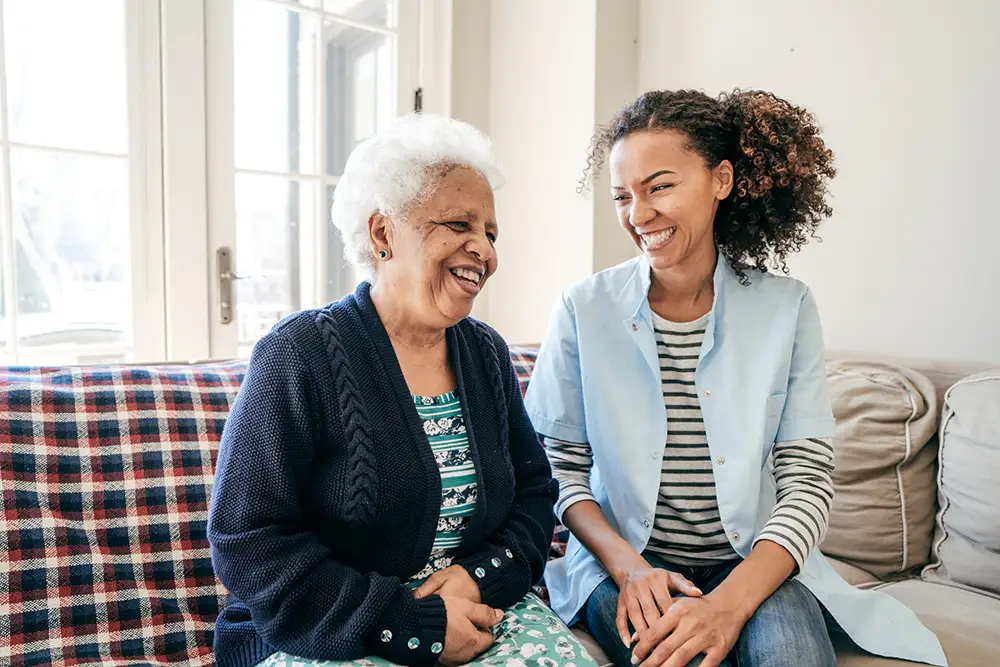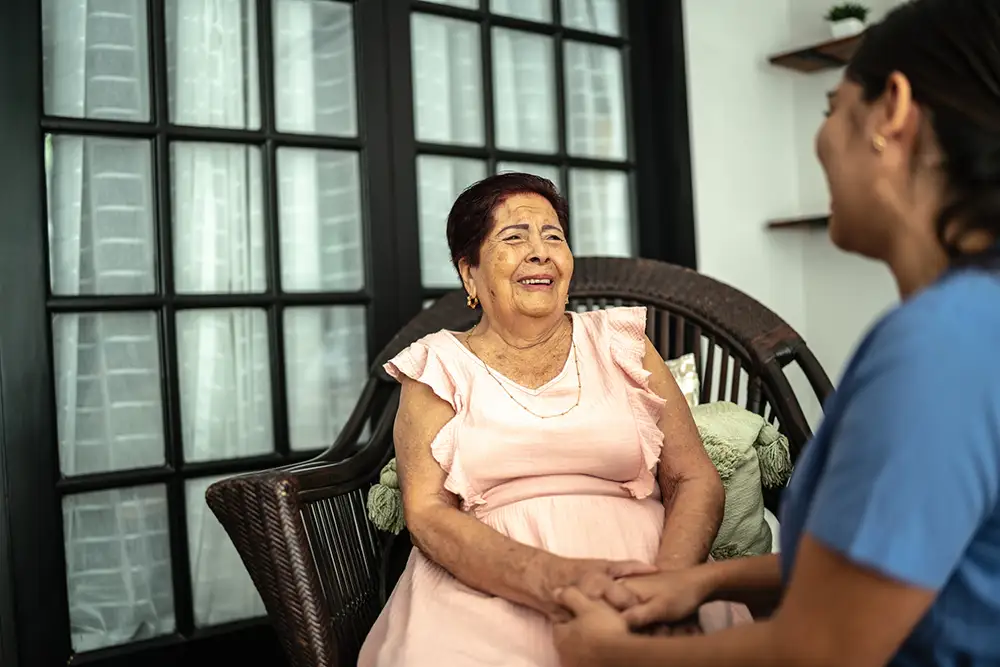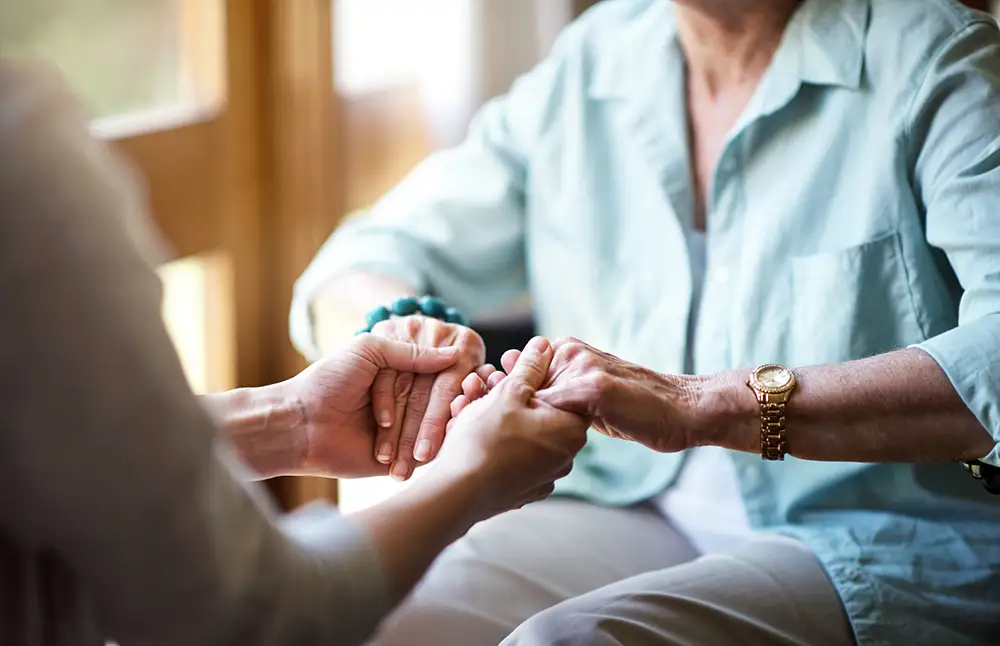How Dementia Rehabilitation Supports Senior Independence

Receiving a diagnosis of Alzheimer’s or other forms of dementia can feel overwhelming and deeply emotional for seniors and their loved ones. However, there is hope. Emerging evidence shows that memory rehabilitation therapies can help slow the progression of cognitive decline, allowing individuals to maintain independence and enjoy a higher quality of life for as long as possible.
Dementia rehabilitation focuses on tailored care strategies, including physical and specialized occupational therapies, designed to support cognitive function and promote daily living skills, empowering those affected to live more fulfilling lives.
The Benefits of Exercise
Staying vibrant is crucial for seniors, and the positive effects of exercise on the body and mind are well documented. For those living with dementia, exercise remains just as important, offering a range of benefits that can enhance physical health and potentially improve cognitive function. Below are some key ways exercise can support seniors with dementia:
- Improved Strength and Balance: Regular physical activity can help seniors maintain strength and balance, reducing the risk of falls and injuries, which is essential for safe aging and maintaining independence.
- Slowed Cognitive Decline: Some studies suggest that exercise may help slow the progression of cognitive decline by increasing blood flow to the brain, which supports brain health and function.
- Enhanced Mental Health: Exercise is known to alleviate symptoms of depression, anxiety, and restlessness—common challenges faced by individuals with dementia. Physical activity can help promote a sense of calm and well-being.
- Better Cardiovascular Health: Exercise reduces the risk of developing cardiovascular diseases, which can complicate dementia care. By improving heart health, seniors may experience better overall well-being and increased vitality.
- Weight Management and Disease Prevention: Physical activity can also help prevent obesity, diabetes, and other conditions that can exacerbate dementia symptoms. Reducing the risk of additional health issues allows seniors to remain more self-sufficient.
- Promotion of Safe Aging at Home: By improving both physical and mental health, exercise helps seniors with dementia maintain the strength and cognitive function necessary to age safely at home, supporting their independence for as long as possible.
Incorporating regular physical activity into daily routines can significantly impact the overall health and quality of life for seniors living with dementia.
Occupational Therapy
Occupational therapy plays a crucial role in dementia care, helping individuals stay independent and safe in their daily lives. For those diagnosed with dementia, this type of therapy focuses on adapting to the environment, developing coping strategies, and practicing essential tasks. Here’s how occupational therapy supports dementia care:
Creating a Safe Environment
The first step is often making adjustments in the home to ensure a safe living space. This might include:
- Clearing walkways to prevent tripping hazards
- Ensuring smoke detectors are functioning properly
- Removing sharp or fragile objects that could cause harm
- Installing grab bars and proper lighting to increase safety in key areas like the bathroom and kitchen
Customizing Therapy Plans
An Occupational Therapist will work directly with the individual and their family to develop a therapy plan tailored to their specific needs and lifestyle. This personalized approach helps ensure the therapy is relevant and effective for the individual.
Practicing Daily Tasks
A key component of occupational therapy is breaking down everyday activities, or activities of daily living (ADLs) into manageable steps. This method allows the individual to focus on one step at a time, reducing confusion and frustration. Common activities may include:
- Dressing and grooming routines
- Preparing simple meals
- Engaging in hobbies or leisure activities they enjoy
Enhancing Cognitive Function
Occupational therapy also involves exercises and activities that promote cognitive engagement, such as memory games or problem-solving tasks, which can help slow cognitive decline and improve focus.
Providing Assistive Devices
Therapists may recommend and help implement assistive devices, such as:
- Wearable emergency contact equipment for added security
- Communication aids like visual reminders or voice-activated devices to support memory and orientation
Promoting Independence
By improving motor skills, cognitive function, and safety awareness, occupational therapy helps people with dementia maintain independence in their daily lives for as long as possible.
Providing Peace of Mind
Having tools like emergency contact equipment in place offers reassurance not only to those with dementia but also to their loved ones, knowing that help is readily available in case of an emergency.
Occupational therapy is an essential part of a comprehensive dementia care plan, focusing on practical strategies to enhance safety, maintain independence, and improve the quality of life for individuals with dementia.

Dementia Rehabilitation
The science shows that Alzheimer’s care should involve cognitive rehabilitation. The methods involved were first used to help people who had suffered a brain injury and were expected to recover. It was long believed that the fact that Alzheimer’s disease is not curable meant that rehabilitation of any kind wouldn’t be useful. But recent research is demonstrating that people with mild to moderate dementia do benefit from memory rehabilitation.
The goal of rehabilitation as a part of dementia care is to enhance performance of useful functions and delay disease progression.
Enhanced Rehabilitation Services
The McGaw Care Center at Westminster Place is at the forefront of dementia Rehabilitation. It was recently awarded the designation of U.S. News Best Nursing Home in 2022–2023, 2020–2021, and 2019–2020, a distinction given to less than 3,000 senior living locations out of 15,000 nationwide. A team of professionals from a wide range of disciplines all work together to create and implement a program of dementia care catered to each resident’s individual needs. Therapists, Nurses, Physicians, Social Workers, and Dieticians are all part of our Ageless Abilities Dementia Program.
The team is able to increase a person’s independence and significantly improve their day-to-day quality of life. We involve family members who can help identify their loved one’s personal interests and incorporate them into therapeutic activities. People are more engaged when they enjoy what they’re doing. They also practice long-standing routines that can engage long-term memory, which is known to increase success rates in performing therapeutic tasks.
The team’s ultimate goal of this advanced dementia care therapy is to identify and implement a personalized Functional Maintenance Program the person with dementia can use to maximize their independence, improve daily functioning, and enhance their overall quality of life.

Find Care and Peace of Mind at Westminster Place
Are you or your loved one struggling with the activities of daily living, managing medications, or are concerned about the risk of an accident at home? At Westminster Place and the McGaw Care Center, we offer specialized Memory Care and enhanced Rehabilitation services designed to improve quality of life.
Our compassionate support, combined with the innovative GuidePoint Memory Method, helps seniors with dementia rediscover their independence. Through engaging activities and personalized memory Rehabilitation, the GuidePoint Memory Method fosters cognitive stimulation and emotional well-being, offering tailored strategies for each resident. Contact us today at 847-558-7747 to learn how our approach can make a positive difference for your family and provide lasting peace of mind.



